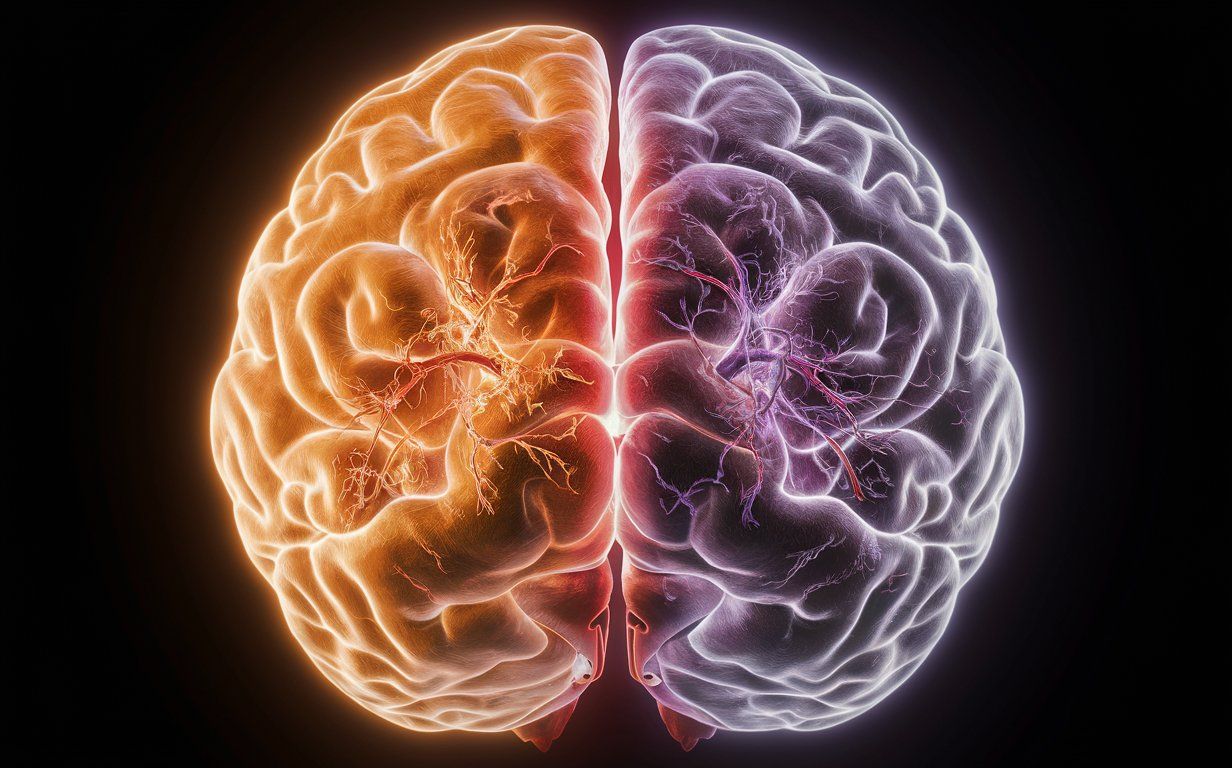🧠 Why do we more easily believe our loved ones when they lie?
Follow us on Google News (click on ☆)
The study conducted by Yingjie Liu at North University of Science and Technology of China involved 66 participants subjected to simulated social interactions. Scientists observed that lies were more easily accepted when the relationship between individuals was friendly. This tendency was particularly accentuated in situations where both parties could benefit from a common reward, creating a form of brain complicity between partners.

Analysis of brain activity revealed distinct patterns depending on the situations. In contexts of potential gain, friends showed increased synchronization in brain regions related to the reward system. Conversely, when facing potential losses, it was in the areas dedicated to danger assessment that their brains coordinated. This neural synchronization even allowed researchers to accurately predict whether a person would allow themselves to be deceived.
The identified brain mechanisms explain why we can be more gullible with our loved ones. Our brain seems to prioritize maintaining social bonds and obtaining mutual benefits rather than an objective analysis of information veracity. This discovery sheds new light on group dynamics and collective gullibility phenomena that can occur in certain social circles.
This work published in the Journal of Neuroscience could have important practical implications. By better understanding the neurological basis of lie detection, it could become possible to develop tools to improve our discernment in professional and personal relationships. The research also opens avenues for better understanding certain psychological disorders where the perception of truth is altered.
The brain's reward system
The reward system is a set of brain structures that regulate our motivation and behavior in response to pleasurable stimuli. Primarily located in the limbic system, it notably involves the nucleus accumbens and ventral tegmental area.
This system activates when we anticipate or receive a reward, whether material, social, or emotional. It releases dopamine, a neurotransmitter that provides a feeling of pleasure and reinforces behaviors beneficial to our survival and well-being.
In social interactions, the reward system plays a role in maintaining relationships. It activates when we share pleasant moments with our loved ones, creating a positive association that promotes cooperation and mutual trust.
The study shows that this system can sometimes make us more vulnerable to lies, as the anticipation of a common reward with a friend can decrease our critical vigilance. This discovery highlights the importance of the balance between trust and discernment in our social relationships.